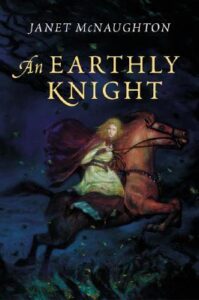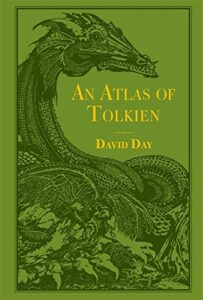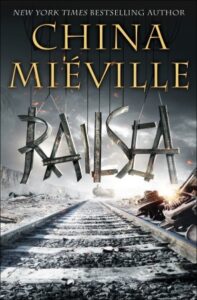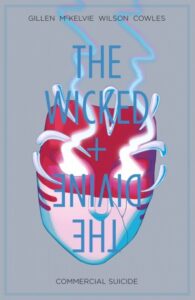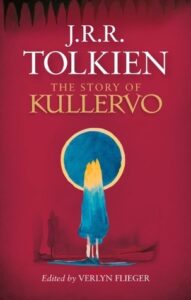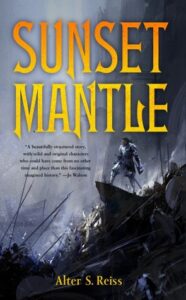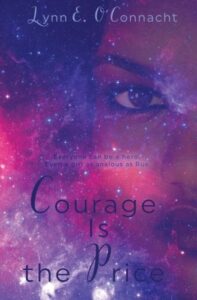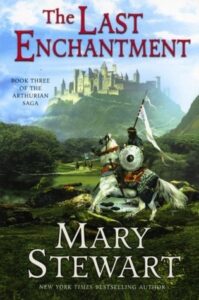 The Last Enchantment, Mary Stewart
The Last Enchantment, Mary Stewart
The Last Enchantment really suffers the most from the fact that it’s written from the point of view of a supporting character. Merlin’s an epic, iconic figure, but he’s not Arthur — and this version emphasises this even more, with Arthur’s seemingly endless heroism, patience, temperance and sensitivity. I love the Arthurian story too, but it feels like Stewart shielded almost all the characters from harm — even, in this case, some of the female characters, despite the misogynistic to ambiguous treatment in the rest of the series. She has surprising sympathy for Guinevere, particularly, considering she had no mercy for Morgause.
Stewart weaves in an astonishing number of the disparate stories — the two Guineveres, Nimue/Niniane/Vivien, Melwas, etc — but, almost because of that, it lacks richness to me. It feels like everything-and-the-kitchen-sink, especially with the way she shields her characters from the consequences; we’ve got Nimue and Merlin in a love story, and Nimue does indeed bury Merlin alive, and yet she didn’t mean to. And Merlin is buried alive and ‘dies’ there, but… he doesn’t die.
The writing is still good, and it was entertaining enough, but… this series falls short of excellence.

